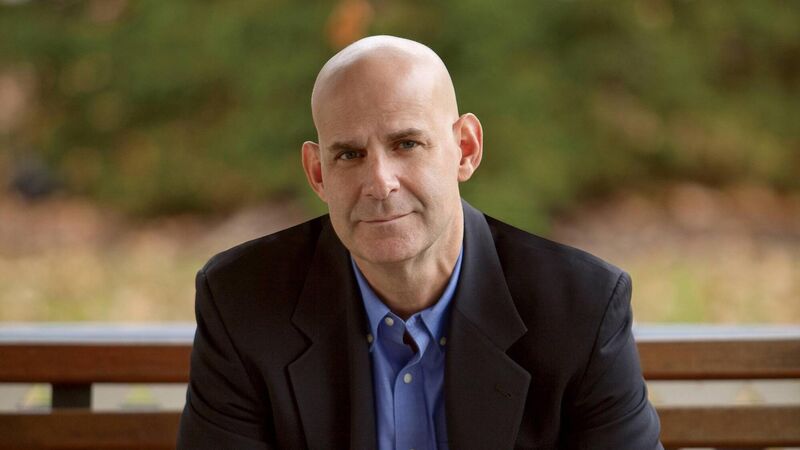Book Interview: Harlan Coben on 'the novel of immersion'

Author Harlan Coben. Picture: Claudio Marinesco/PA
- I Will Find You
- Harlan Coben
- Century, €13.99
Try from €1.50 / week
SUBSCRIBE
Author Harlan Coben. Picture: Claudio Marinesco/PA
Already a subscriber? Sign in
You have reached your article limit.
Annual €130 €80
Best value
Monthly €12€6 / month
Introductory offers for new customers. Annual billed once for first year. Renews at €130. Monthly initial discount (first 3 months) billed monthly, then €12 a month. Ts&Cs apply.
Newsletter
Music, film art, culture, books and more from Munster and beyond.......curated weekly by the Irish Examiner Arts Editor.
Newsletter
Music, film art, culture, books and more from Munster and beyond.......curated weekly by the Irish Examiner Arts Editor.
© Examiner Echo Group Limited